… says fuel subsidy removal for ordinary Nigerians’ benefits
The Nigerian National Petroleum Corporation (NNPC) says it will no longer run and manage the nation’s refineries after their rehabilitation.
On completion of the rehabilitation, private partners would be invited to invest in the refineries and get them to run on the NLNG model where the shareholders would be free to decide the fate of the refineries.
The Group Managing Director of NNPC, Mallam Mele Kyari, said in an interview on Arise TV breakfast programme, “The Morning Show”.
He said the services of a company would be engaged to manage the plants on “Operations and Maintenance” (O&M) basis.
“We are going to get an O&M contract, NNPC won’t run it. We are going to get a firm that will guarantee that this plant would run for some time. We want to try a different model of getting this refinery to run.
“And we are going to apply this process for the running of the other two refineries,” he said.
According to Kyari, the model which will be totally different from previous approach, will guarantee the desired outcome for the refineries.
On the removal of petrol subsidy, Kyari, who also spoke on a Channels TV breakfast talk show, “Sunrise Daily” earlier in the day, said the decision to finally end the fuel subsidy regime “is in the interest of ordinary Nigerians”.
He explained that it would free up funds for the various tiers of government to develop basic infrastructure in the education, health, transport, and other sectors for their benefit.
“Subsidy is elitist because it is the elites that benefit from it. They are the ones that have SUVs, four, five cars in their garages.
“The masses should be the ones to benefit. There are many things wrong with the under-recovery because it makes us to supply more than is needed.
“This makes the under-recovery to be bloated because we unwittingly subsidize fuel for the whole of West Africa. That has to stop,” the NNPC boss stressed.
He explained that the removal of subsidy would automatically correct the distortions it created in the market such as products arbitrage and smuggling, stressing that it would also provide the needed impetus for the NNPC to establish retail outlets in neighbouring countries.
On the agitation in some quarters for a reduction in the price of kerosene, Kyari said the corporation’s focus was on how to migrate all those who were still using kerosene for domestic cooking to the use of Liquefied Petroleum Gas (cooking gas).
According to him, apart from LPG being a cheaper fuel than kerosene, it is also safer and more environment-friendly.
He said the Minister of State for Petroleum Resources, Chief Timipre Sylva, was already championing policies that would deepen the adoption of LPG for domestic consumption.
Widespread adoption of LPG usage is the best solution to kerosene supply challenges in the long term, he said.
On the global crude oil price and supply, the GMD said things were “shaping up”.
Kyari said: “Crude oil price is improving by the day. Last week, it was $15 per barrel. Today, it is $32.79 per barrel.
“We believe the ongoing engagements between global oil producers will bring back demand and once that happens, the market will balance and fully recover by year-end”.
On the fight against the Covid-19 pandemic, Kyari who put the current total donations by players in the Oil and Gas Industry at N21billion, said the sector was obliged to support the Federal Government in its efforts to bring relief to Nigerians.
He maintained that the donations were in kind and were designed to address three key areas of provision of hospital consumables (face masks, test kits, etc.); provision of support services and facilities for patients (beds, ventilators, etc.); and provision and upgrade of health infrastructure that will outlive the Covid-19 pandemic.
The strategic interventions of the Oil and Gas Industry towards the fight against the Covid-19 pandemic in Nigeria were aligned with the objectives of the Presidential Taskforce on Covid-19 headed by the Secretary to the Government of the Federation, Mr Boss Mustapha, he said.








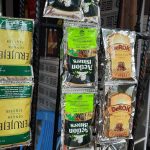


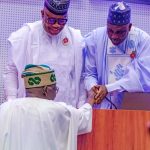
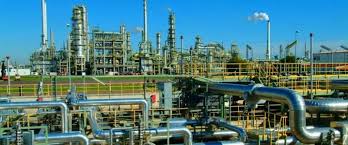

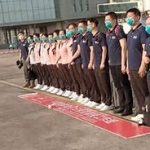





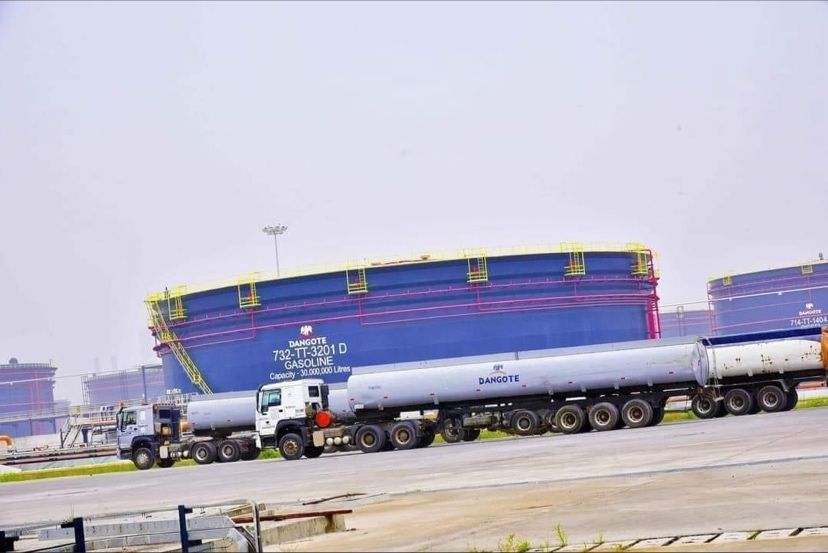

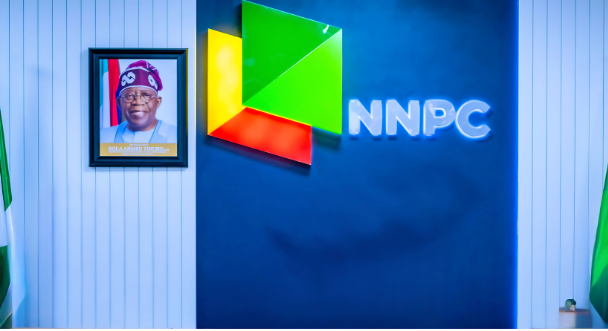
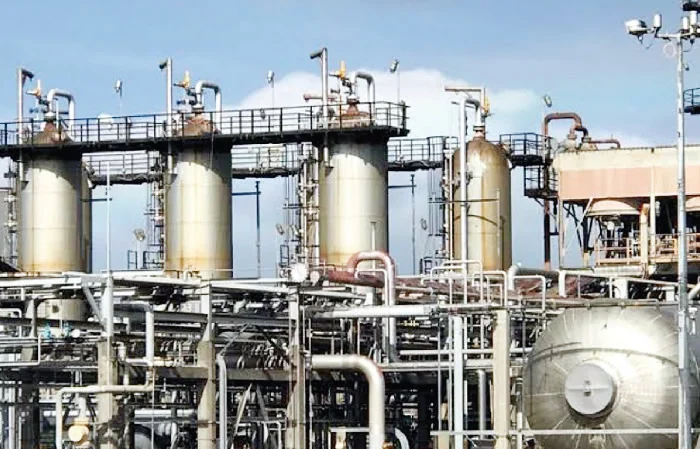
Leave a comment